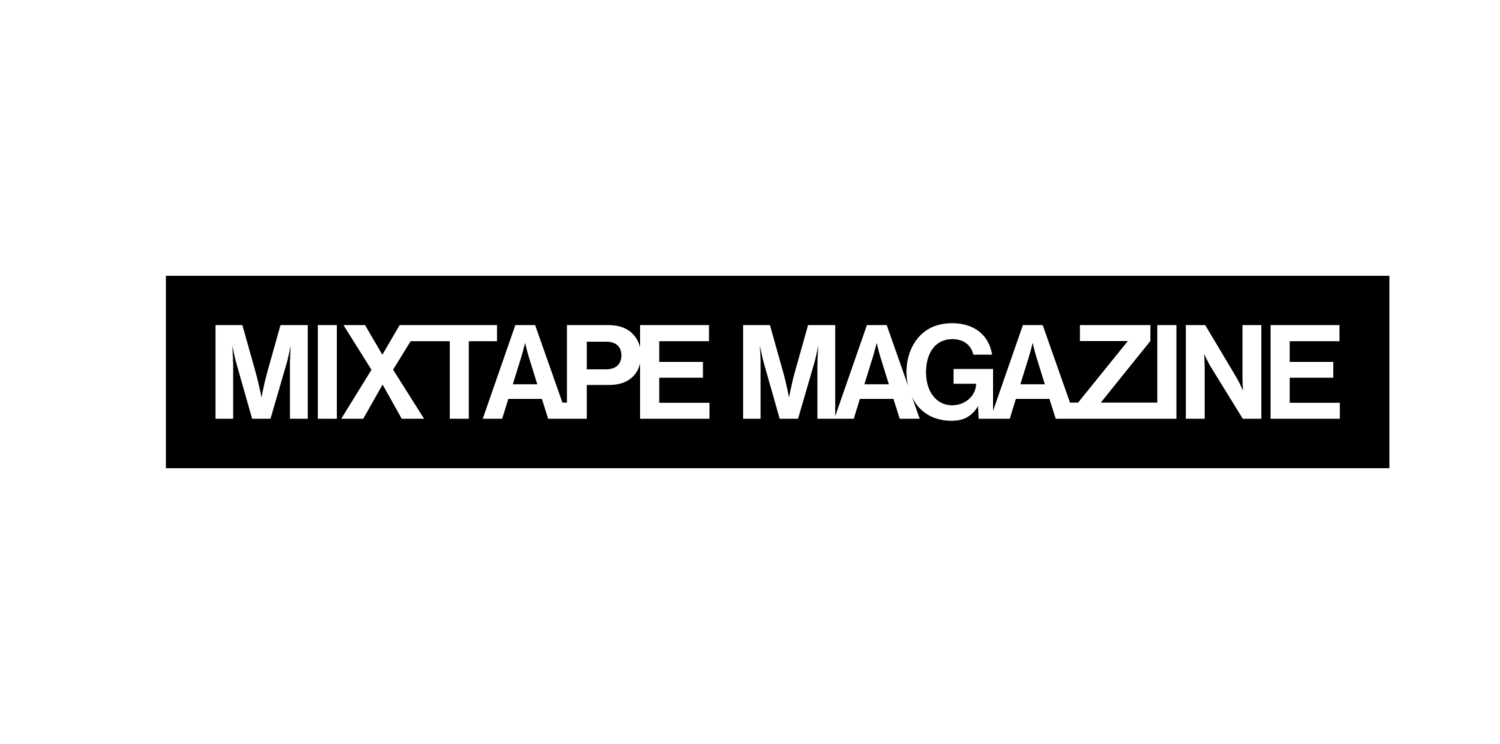Forte and Fashion: How Hip-Hop Influenced the Fashion Industry
All forms of art are outlets of self-expression. Whether it be paintings, music, photography, film, or indisputably… fashion.
Since the dawn of time fashion has been used as a symbol of identity, communication, and even status; communicating wealth, interests, background, and worldliness. Its trends are a reflection of society’s current state and people’s positions in it. The industry often draws upon subcultures to develop catalog looks that eventually end up in department stores. Similar to the music industry, fashion is influenced by a blend of people and cultures from around the world
Hip hop culture in particular is not just about music; it's a powerful force that has influenced various aspects of society, including fashion. From its roots in African American communities to global prominence, hip hop has left a mark on the fashion world and continues to do so. Through the creativity and authenticity of its artists and the rich cultural heritage they represent, the genre has reshaped trends, challenged norms, and championed diversity.
Emerging from the streets of New York City in the 1970s, hip hop quickly became a voice for marginalized communities, particularly African Americans. With its distinctive elements of rap music, DJing, breakdancing, and art, hip hop offered a platform for self-expression and empowerment. Artists like Grandmaster Flash, Run-DMC, and Public Enemy not only revolutionized the genre but also introduced a unique sense of style that reflected their urban roots and cultural heritage.
Run-DMC's adoption of Adidas tracksuits and sneakers in the 1980s propelled the brand to new heights and laid the foundation for the fusion of streetwear and high fashion. Similarly, icons like Tupac Shakur and The Notorious B.I.G. popularized brands like Versace and Coogi, showcasing luxury alongside street sensibility. Many rap artists during this era would reference brands in their songs to promote lavish lifestyles and tasteful material things. Listeners around the world are drawn to these lyrics and it pushes these styles into the mainstream market.
Popular modern styles labeled as “cyber y2k” or “street style” were also popularized by black women artists. Rappers and R&B singers like Nicki Minaj, Megan Thee Stallion, Rhianna, Aaliyah, Missy Elliot, and more have brought these styles to the forefront of women’s fashion, specifically the intricacy of nail art, chunky jewelry, hoops, graphics tees, bandannas, or the infamous baggy pants little top combo. Whether it be on the red carpet, in music videos, or simply paparazzi photos these women and other industry pioneers would be found rocking these pieces. These aspects of fashion were once viewed as conventionally “inappropriate” or “unprofessional” simply because of discriminatory practices and the fact that they had not been adopted by high fashion yet. These artists influenced pop culture and started a shift in fashion while celebrating their backgrounds.
The influence of hip hop on the fashion industry extends far beyond streetwear and urban apparel. High-end designers like Virgil Abloh, founder of Off-White, have blurred the lines between luxury and street fashion, infusing haute couture with elements of street culture. Collaborations between hip hop artists and fashion houses, such as Rihanna's partnership with Puma and Jay-Z's collaboration with Louis Vuitton, have even further solidified the genre's influence on mainstream fashion.
Mainstream fashion has developed even more with the rise of social media. It has created a collaborative space for artists to bounce ideas off of each other, allowing emerging designers and independent brands inspired by hip-hop culture to gain visibility. When artists have that sort of backing they are able to express themselves more openly knowing that people are inspired by their creativity. Platforms like Instagram and TikTok have become breeding grounds for trends, with influencers and tastemakers from all different communities to learn and grow from one another.
The genre’s impact on fashion is undeniable, reaching people beyond the borders of the US and challenging style boundaries. The uniqueness, creativity, culture, and embracing of identity of these artists has immersed itself in every corner of the fashion industry, while promoting the desperate need for inclusivity and diversity. As the genre continues to grow and new styles emerge fashion and music will intertwine furthur to celebrate the creativity of marginalized voices, faces, and walks of life. Your style is your story. How are you going to tell it?

